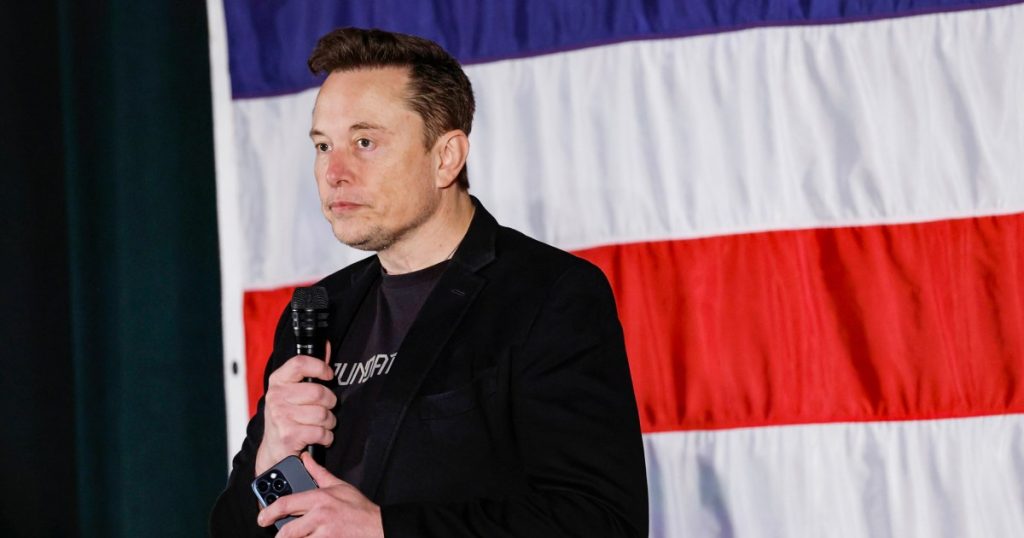Elon Musk recently found himself in a controversy after sharing a fake image of an article headline from The Atlantic that read “Trump Is Literally Hitler.” The publication clarified that they never published such an article, and warned against sharing fake images that misinform and manipulate people. This incident is part of a trend where Musk has shared false information leading up to the election, causing public backlash and fact-checking.
The original post with the fake headline was made by user @Indian_Bronson, who altered a headline, subheadline, and first paragraph. The altered headline was in reference to a real article from The Atlantic titled “Trump: ‘I Need the Kind of Generals That Hitler Had,” which reported on comments attributed to former President Donald Trump. The article attracted scrutiny after the sister of a slain soldier mentioned in the article criticized it on social media.
Both Musk and the original user’s posts with the fake article were later marked with a “Community Note” clarifying that the image was not real and was a satirical edit. Musk did not respond to requests for comment from The Atlantic after they published a fact-check on the fake image. Musk later lashed out at The Atlantic, calling it an “evil publication.”
The Atlantic highlighted that fake headlines mimicking their content have become a significant issue, particularly in recent weeks. The publication and its employees have been flagging these posts for social media platforms, but claim that Elon Musk’s ownership of X and the dismantling of safety teams have nullified their ability to resolve these issues. Fake headlines mimicking The Atlantic’s content have been circulating on social media with increasing frequency.
In another incident, a false headline from The Atlantic was shared by Rep. Chip Roy on social media. The fabricated headline read, “To Save Democracy Harris May Need To Steal An Election.” The post was marked with a “Community Note” and later deleted. The Atlantic has been issuing statements clarifying fabricated headlines and warning against the spread of misinformation using their trademark.
The practice of sharing fake headlines mimicking The Atlantic’s content has become more common, with instances of manipulated headlines appearing on social media. Earlier this year, false headlines about migrants eating cats and the heroism of Biden’s bike fall circulated online. Elon Musk has also reshared manipulated headlines in the past, including one resembling a headline from The Telegraph about British Prime Minister Keir Starmer, which was later clarified to be fake. The Atlantic continues to combat the spread of misinformation related to their content on various social media platforms.


